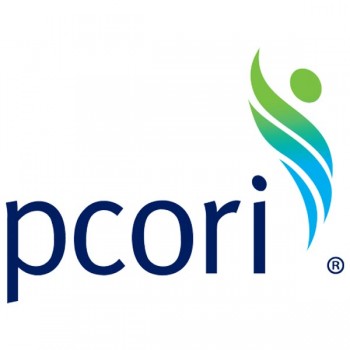You are looking at an archived version of our site. Please visit thepcc.org for a fresh, new experience!
You are here: Array » PCORI Board approves $ ...
PCORI Board approves $45 million to support research on improving treatment of opioid use disorders, cancer pain, and enhancing prenatal care
The Patient-Centered Outcomes Research Institute (PCORI) Board of Governors today approved $44.6 million to fund 12 studies comparing the best ways to treat a range of health conditions that impose high burdens on patients, caregivers and the healthcare system.
The newly approved awards include four focused on improving the availability and effectiveness of treatment for opioid use disorder (OUD), which affects 2.5 million Americans aged 12 and older, including 8 to 12 percent of people prescribed opioids for chronic pain. Three awards focus on patients treated for OUD in doctors’ offices with the medication buprenorphine and seek to determine which psychosocial treatments work best in combination with that medication to help these patients abstain from opioid use:
- A $5.5 million Philadelphia College of Osteopathic Medicine study comparing three psychosocial treatments for people being treated at federally qualified health centers. The study looks at which kind of psychosocial treatment — cognitive behavioral therapy, peer recovery support or a combination of both — is most effective.
- A $4.9 million RAND Corporation study of whether incorporating a patient’s support system into their treatment with buprenorphine can improve outcomes. The study will examine whether a counseling program for someone close to the patient, such as a family member, spouse or friend, can improve recovery.
- A $4.4 million Johns Hopkins School of Medicine project comparing ways to improve outcomes by using patient incentives. One method will be standard care and two others will involve incentives for people who use buprenorphine daily to stay on their medication and not use drugs.
Recent News
August 16, 2024
August 12, 2024
July 16, 2024
Statement from @AnnGreiner1: "Today’s new @CMSinnovates announcement is a promising step forward for #primarycare p… https://t.co/A6l5Rt9Fzb —
2 years 7 months ago
RT @LarryMcNeely1: @brookslasure says #primarycare relationship is foundation of care...announcing the "Making Care Primary" model from @C… —
2 years 7 months ago
RT @LarryMcNeely1: stressing alignment w Medicaid. 8 States participating including CO, NM, MA. —
2 years 7 months ago
Secondary menu
Copyright © 2024 Primary Care Collaborative




